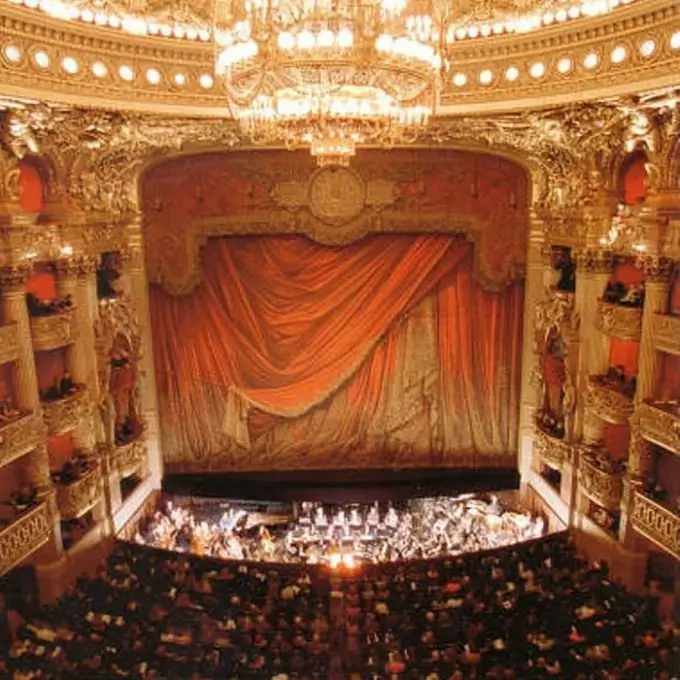Libretto - from the Italian "little book" - the literary basis of the opera, poetic remarks and partly directions. Much of this text becomes words in the recitatives and arias of the characters. The success of the opera as a dramatic work depends on the literacy and consistency of the libretto, therefore the work of the librettist is in no way inferior to the work of the composer in complexity.

Instructions
Step 1
Do not hurry. With rare exceptions, the author is not limited in time. Therefore, set yourself up for leisurely but productive work. The preparatory stage can take up to six months or more, and it will take a week or less to write the libretto itself.
Step 2
Idea and plot. It is quite possible that she will come to you in parts, like a puzzle: first you will see the appearance of the main character, then the main villain and all the misadventures, and then you will see the purpose of all these adventures. Collect material and write it down. If you "hear" the lines of the future aria, also record and save until better times.
Step 3
The dramaturgy of an opera practically does not differ from the drama of cinema or theater. The action is divided into exposition, setting, development, climax, denouement, possibly a prologue. Calculate the time for each of these episodes: respectively 10 minutes, 10 minutes, 40-60 minutes, 10 minutes, maybe 10 minutes.
As you can see, the middle is the longest section. The situation is gradually getting more complicated, the hero becomes more and more confused … so that the viewer does not get bored during the constant tedious whipping, divide this part in half with a false culmination: for example, the hero achieved his original goal (got the hand of his beloved), but it turned out to be a dummy (the girl is stupid or ugly, or maybe her father is a curmudgeon and a longtime rival of the hero). He has to start all over again.
Step 4
Replicas. These are not just rhymed words, they will need to be sung. Therefore, choose easy-to-pronounce words with a small number of consecutive consonants, avoid complex combinations. You can put vernacular or literary expressions into the lips of the heroes, at your will and discretion. The only criterion is compliance with the picture of the work. For example, an opera about emo teenagers can hardly contain elements of Pushkin's language.
Step 5
Remarks. As many verbs as possible, as few adjectives and participles as possible. Do not describe costumes and interiors - there are artists, dressers and stage workers for that. And in no case write out the thoughts of the characters: everything should be said aloud. As a last resort, leave a hint.






